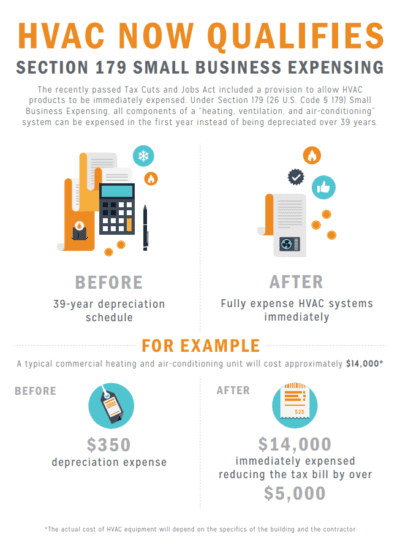The Future Of Home Heating - Just How Heatpump Innovation Is Evolving
The Future Of Home Heating - Just How Heatpump Innovation Is Evolving
Blog Article
Writer-Fraser Oliver
Heat pumps will certainly be a vital modern technology for decarbonising home heating. In a situation consistent with governments' introduced energy and environment dedications, their global capacity doubles by 2030, while their share in home heating rises to one-quarter.
They function best in well-insulated homes and count on power, which can be supplied from an eco-friendly power grid. Technical breakthroughs are making them extra effective, smarter and less expensive.
Gas Cells
Heat pumps utilize a compressor, cooling agent, coils and followers to move the air and heat in homes and devices. They can be powered by solar power or power from the grid. They have been obtaining appeal because of their inexpensive, quiet operation and the ability to produce electrical power throughout peak power need.
Some companies, like IdaTech and BG MicroGen, are servicing fuel cells for home heating. These microgenerators can replace a gas central heating boiler and produce several of a home's electrical needs with a connection to the electricity grid for the remainder.
But there are factors to be skeptical of using hydrogen for home heating, Rosenow says. It would be expensive and inefficient compared to other technologies, and it would add to carbon exhausts.
Smart and Connected Technologies
Smart home innovation allows house owners to attach and manage their gadgets remotely with making use of smartphone apps. As an example, clever thermostats can discover your home heating preferences and immediately get used to maximize power intake. Smart lights systems can be managed with voice commands and instantly switch off lights when you leave the area, minimizing power waste. And smart plugs can check and manage your electric usage, allowing you to identify and limit energy-hungry home appliances.
domestic air conditioning canterbury -savvy home portrayed in Carina's meeting is a great picture of exactly how residents reconfigure room heating methods in the light of new smart home technologies. They count on the devices' automatic functions to execute day-to-day modifications and regard them as a practical ways of conducting their home heating techniques. Because of this, they see no reason to adjust their techniques further in order to enable adaptability in their home energy need, and treatments targeting at doing so may face resistance from these households.
Electrical power
Because heating homes represent 13% of US discharges, a switch to cleaner alternatives can make a big difference. However the modern technology faces challenges: It's costly and calls for substantial home remodellings. And it's not always compatible with renewable energy resources, such as solar and wind.
Up until just recently, electric heatpump were as well costly to take on gas versions in the majority of markets. But brand-new technologies in style and materials are making them more affordable. And mitsubishi heat pump specialists is enabling them to work well even in subzero temperature levels.
The next action in decarbonising heating may be using warm networks, which attract warmth from a central source, such as a close-by river or sea inlet, and distribute it to a network of homes or structures. That would certainly minimize carbon discharges and permit homes to make use of renewable energy, such as environment-friendly electricity from a grid provided by renewables. https://www.bobvila.com/articles/roof-repair-cost/ would certainly be much less costly than changing to hydrogen, a nonrenewable fuel source that requires brand-new framework and would just reduce carbon dioxide exhausts by 5 percent if coupled with enhanced home insulation.
Renewable Energy
As electricity rates drop, we're beginning to see the very same trend in home heating that has driven electrical vehicles into the mainstream-- but at an also faster pace. The strong environment instance for impressive homes has actually been pushed additionally by brand-new research study.
Renewables account for a substantial share of modern warm consumption, but have been provided limited plan interest around the world compared to other end-use fields-- and even much less attention than electricity has. Partly, this reflects a mix of customer inertia, divided incentives and, in lots of nations, aids for nonrenewable fuel sources.
New modern technologies can make the change much easier. As an example, heat pumps can be made more power effective by changing old R-22 cooling agents with brand-new ones that do not have the high GWPs of their predecessors. Some professionals additionally imagine district systems that draw warmth from a close-by river or sea inlet, like a Norwegian fjord. The cozy water can then be used for heating and cooling in an area.